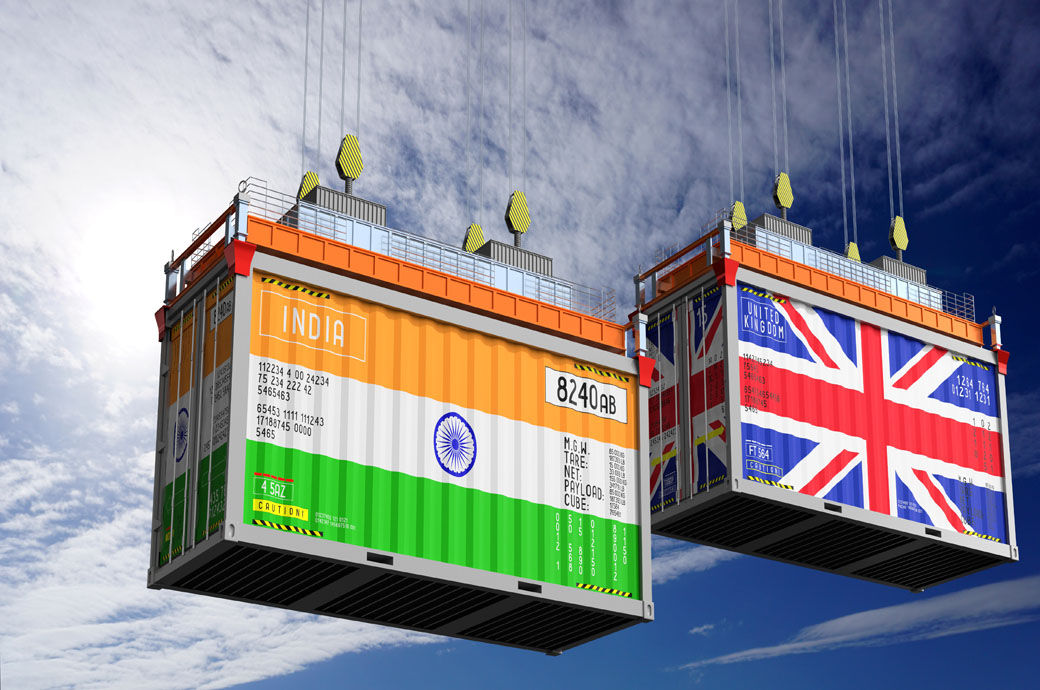
This is as per media reports, which added exporters targeting duty concessions on shipments to the UK are mandated to comply with the updated British regulations introduced under DCTS, as effective from June 19, 2023, the UK has replaced its former origin declaration process, previously operating under the Generalised Scheme of Preferences (GSP), with the UK DCTS.
Despite an extended transition period until December 31, 2023, Indian exporters are now required to adhere to the new DCTS rules as of January 1, 2024, to benefit from concessions on exports to the UK.
Goods meeting the UK DCTS Rules of Origin (RoO) will qualify for a concessional rate of import duty. These rules necessitate self-certification to fulfil the origin criteria for availing tariff concessions on exports from India to the UK.
Considering these changes, Indian exporters are instructed to use the origin declaration wording specified under the DCTS scheme, replacing the previous GSP framework.
Sectors like leather, carpets, chemicals, iron and steel, and textiles, which were major beneficiaries of the GSP scheme, will undergo adjustments due to the shift.
India and the UK have been engaged in negotiations for a free trade agreement since January 13, 2021, with efforts to conclude talks underway after 14 rounds.
The DCTS encompasses 65 developing and least developed countries, offering reduced tariffs to eligible nations, excluding China. It facilitates easier qualification for lower tariffs through transparent origin rules, allowing exporters to utilise materials from various DCTS countries while maintaining duty-free access to the UK market.
However, products from India exceeding a specified export limit face regular tariffs rather than preferential rates under DCTS, impacting certain sectors such as textiles, as per reports.
- Fibre2Fashion News Desk (DR)